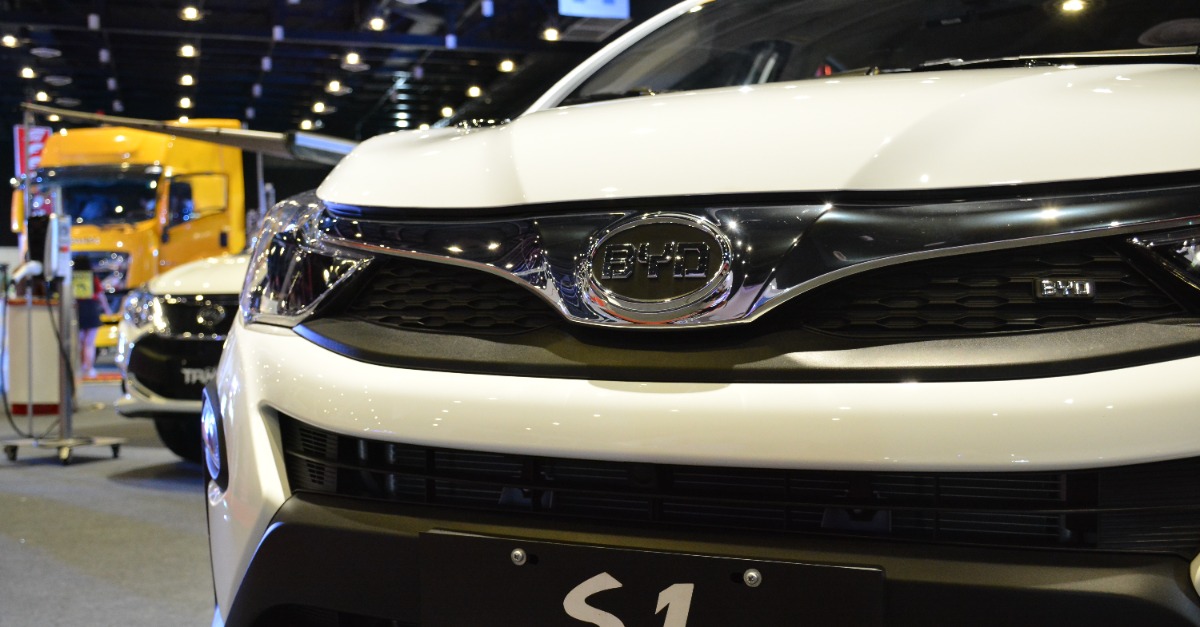27/06/2023 (China) - China's electric vehicle (EV) market, once teeming with hundreds of manufacturers, is now entering a phase of consolidation. The market, fueled by government subsidies over a decade ago, currently boasts around a hundred manufacturers producing pure-electric and plug-in hybrid models. However, the industry has transitioned from being overcrowded to moderately concentrated, with the biggest players like BYD and Tesla consolidating their positions.
According to auto analyst Wang Hanyang, approximately 80% of new-energy vehicle start-ups have exited or are in the process of exiting the market. This poses challenges for struggling companies like Nio, whose sales have been declining. Despite an extension of tax breaks for consumers buying new-energy vehicles until 2027, the Chinese government is unlikely to prop up troubled carmakers. The market forces and regulatory mechanisms driving consolidation will help the surviving brands compete internationally.
BYD, supported by Berkshire Hathaway's Warren Buffett, has witnessed a surge in its market domination. The company now accounts for over one-third of new-energy vehicles sold in China, with Tesla following closely behind. Early players in the industry, which primarily manufactured vehicles to meet regulatory requirements and qualify for subsidies, have faded away as requirements increased and competition intensified.
While the market is still in its early stages and consumer interest in electric cars is growing, the pace of consolidation remains uncertain. New-energy vehicle retail sales in China reached 580,000 units in May, but accounted for only a third of total passenger car deliveries. Going forward, industry expert Jochen Siebert expects a shift in focus from cool features to safety, performance, and durability, potentially giving established automakers an advantage in the coming years.



